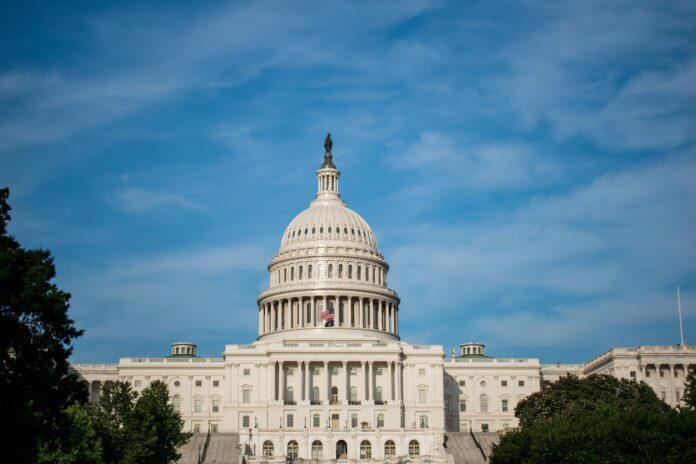By Jessica Xiao
With many fearing the government could shut down as early as 12:01 a.m. Sunday, we asked some Asian American leaders how that might affect AAPI communities.
This week, the House rejected another Senate spending bill that would extend funding the government beyond the current deadline.
“AANHPIs, like all Americans, will suffer from the government shutdown extreme Republicans are prepared to force on us all,” Congresswoman Judy Chu, Chair of the Congressional Asian Pacific American Caucus shared with AsAmNews via email. “A weaker, less safe nation where troops go unpaid, natural disasters go unaddressed, and food goes uninspected is not a better place for anyone. For programs like SNAP (Supplemental Nutrition Assistance Program) and WIC (the Special Supplemental Program for Women, Infants, and Children) that AANHPI communities rely on to feed their families, a Republican shutdown also takes food off our families’ tables,”
While SNAP benefits will last through the month of October if the government shuts down, WIC “expires or stops immediately in the event of a shutdown,” said Agriculture Secretary Tom Vilsack. According to data from the 2020 American Community Survey, 8.6% of Asians and 24.7% of Native Hawaiian and Pacific Islanders receive SNAP benefits – and the number increases when accounting for mixed-race identities.
Additionally, as noted by AAPIData in a disaggregation of the data into Asian National Origin suggests that Marshall Islanders and Bhutanese will be disproportionately affected by the shutdown: Of the Asian Americans receiving SNAP benefits, 60.4% are Bhutanese – and among NHPI groups, 46.2% are Marshallese.
Madelene Mielke, Executive Director of APAICS, also noted that AANHPIs working for the federal government would be affected. According to the U.S. Office of Personnel Management (OPM), in fiscal year 2021, 6.49% of the federal workforce identified as AA and 0.56% identified as NHPI (given that there are an estimated 2.1 million civilian workers, more than 135,000 AANHPI workers would be affected). Unless they are qualified as “essential workers,” they would be furloughed.
Mielke also named some of the essential government services, including SNAP, that would be affected by a government shutdown: air travel (“longer lines and closed security checkpoints”), the Department of Health and Human Services (“the National Institute of Health would be prevented from admitting new patients or processing grant applications”), grants (“for the most part, existing grants won’t be affected but planned funding won’t be processed”), and the EPA (“halted site inspections and food inspections”).
AsAmNews is published by the non-profit, Asian American Media Inc.
We are currently funded by our readers and such charitable foundations as the Robert Wood Johnson Foundation, AARP, Report for America/GroundTruth Project & Koo and Patricia Yuen of the Yuen Foundation.’
Find additional content on Bluesky, Facebook, Instagram , Tiktok, X, and YouTube. Please consider interning, joining our staff, or submitting a story, or making a tax-deductible donation.
You can make your tax-deductible donations here via credit card, debit card, Apple Pay, Google Pay, PayPal and Venmo. Stock donations and donations via DAFs are also welcomed. Contact us at info @ asamnews dot com for more info.


